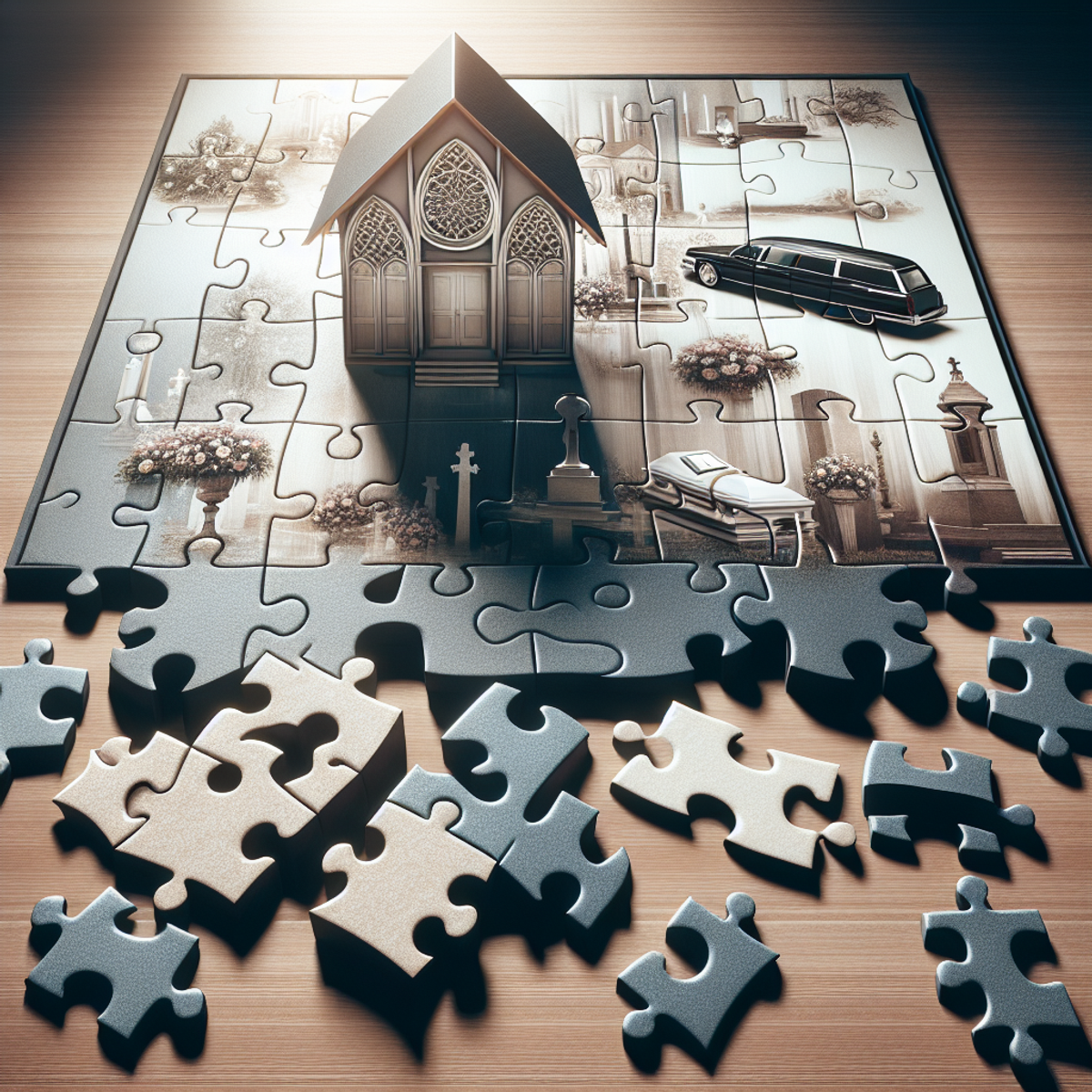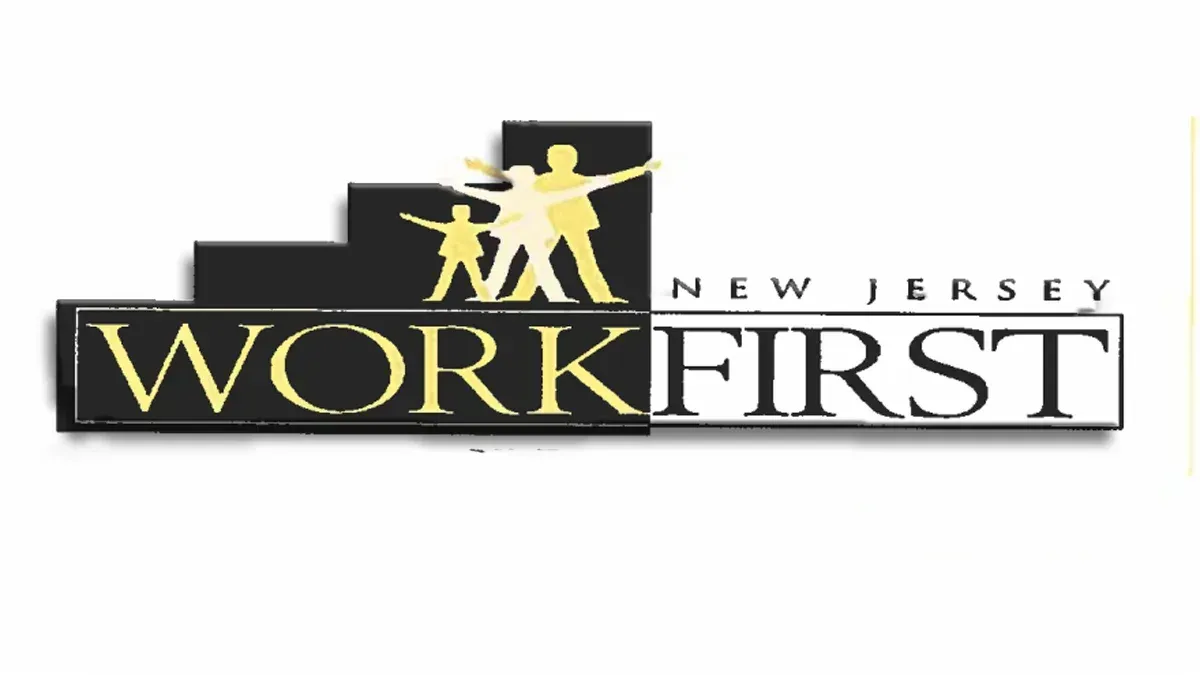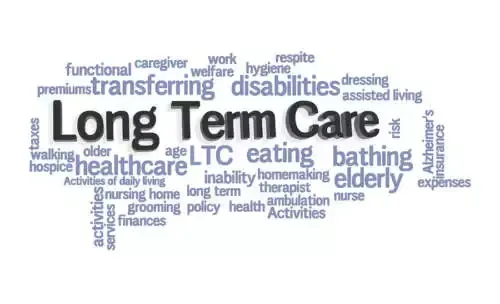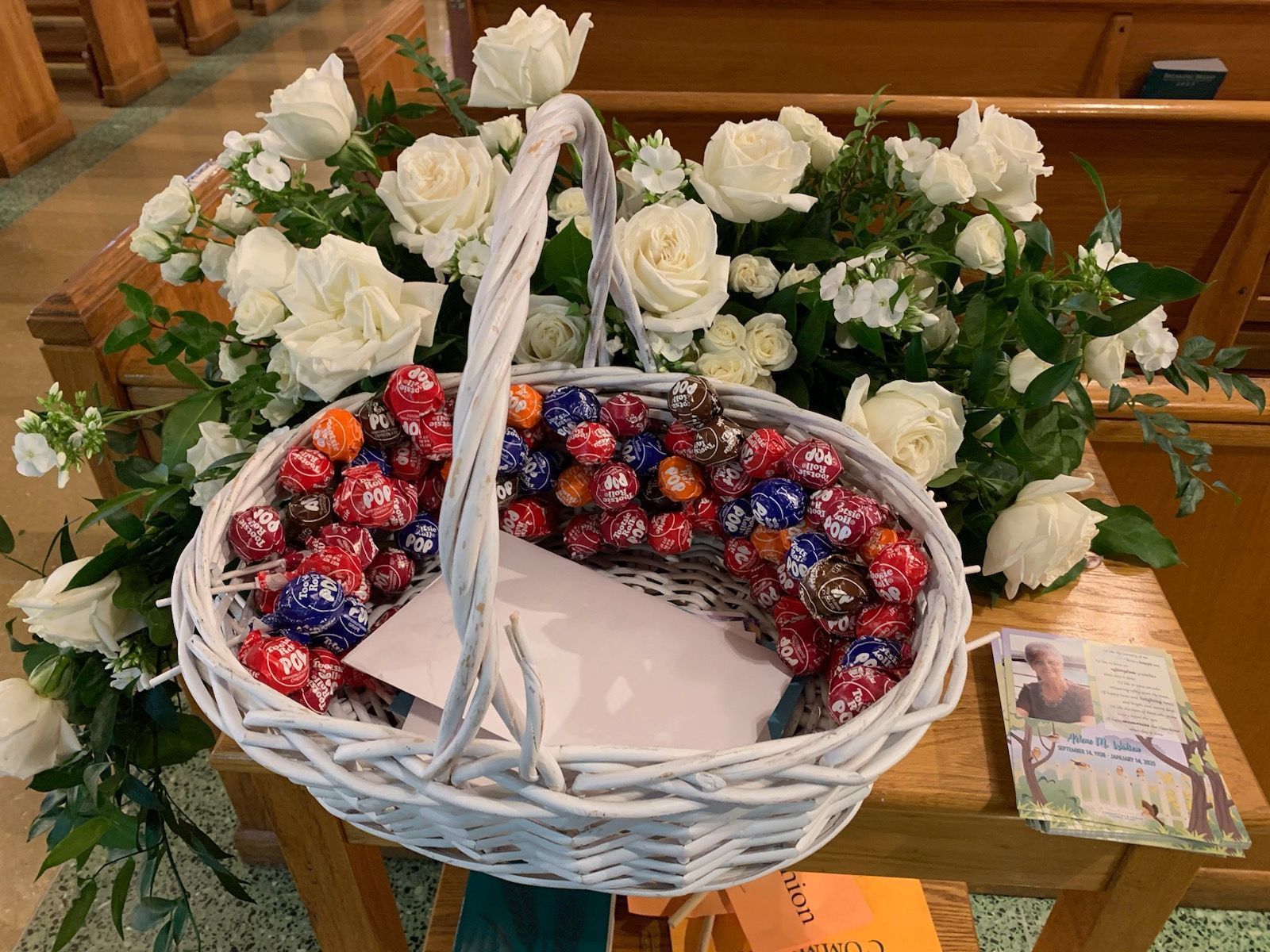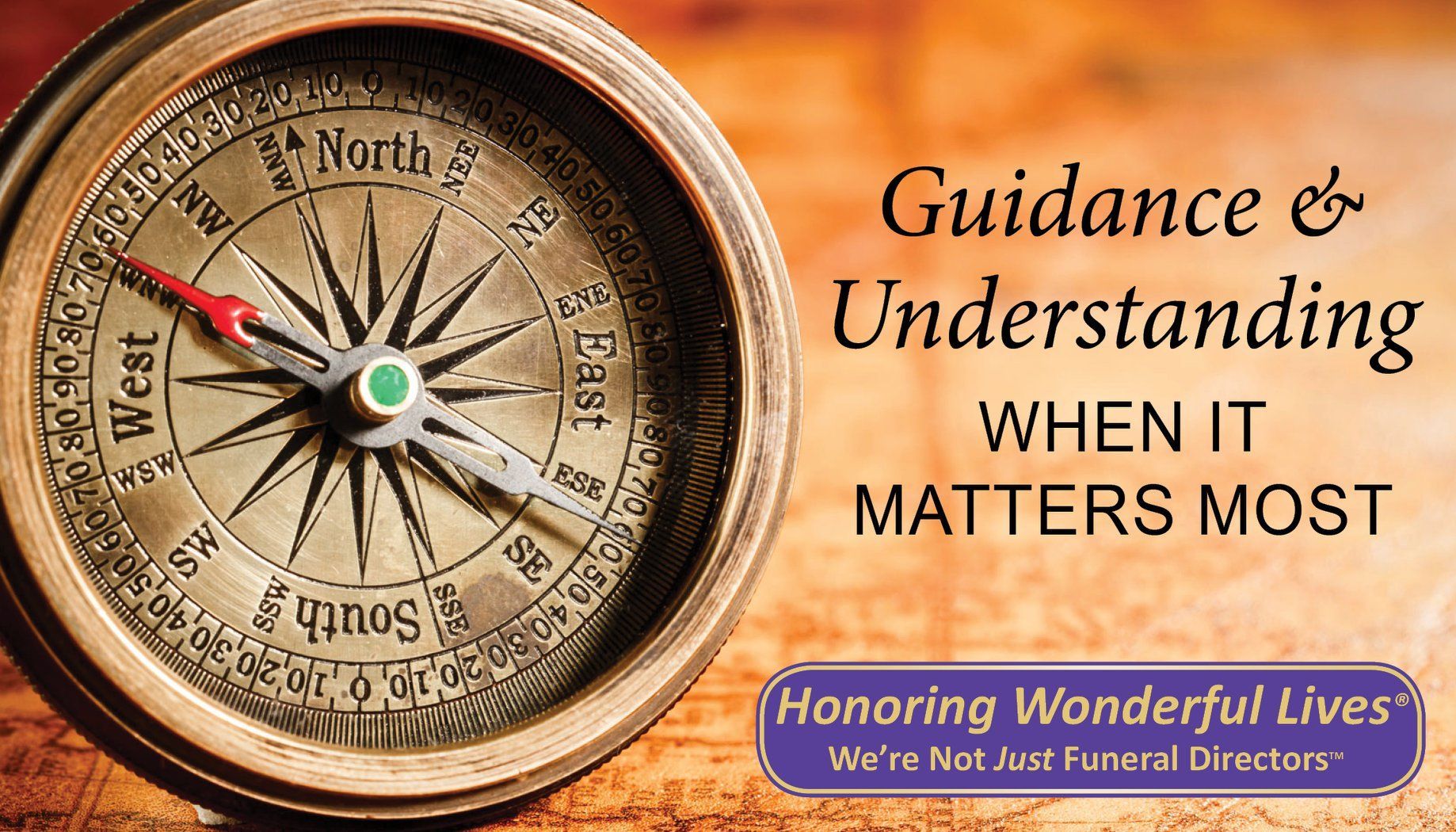Hospitality
Redefining Care: How Hospitality is Shaping the Modern Funeral Experience

Hospitality in Today's Funeral Profession: Redefining the Modern Funeral Home
When we think of hospitality, thoughts of luxury hotels, fine dining, or warm family gatherings often come to mind. But in recent years, the concept of hospitality has expanded beyond these traditional settings to include the modern funeral home and the funeral profession. Funeral homes, long associated with somber, ritualistic spaces, are now embracing hospitality as a core part of what they have to offer to their communities. This shift reflects a broader societal change in how we approach death, grief, and the ways in which we gather to take part in a goodbye experience.
As guests take greater roles in planning and personalizing their goodbyes, the funeral home’s role is evolving from a place that simply facilitates a process to a holistic, supportive, and welcoming place that cares for us through one of life’s most difficult transitions.
The Changing Landscape of Funeral Service
Historically, funeral homes were utilitarian places where the deceased were prepared, services were held, and families received minimal, formal support. The focus was on tradition, and the experience was typically defined by solemnity, often leaving little room for personal expression or warmth. In recent decades, however, societal shifts toward personalization and a more guest-centered approach have transformed the way funeral homes conduct themselves.
Today’s funeral experiences are not just about the final rites but also about the emotional journey that guests go through. Funeral homes now see themselves as partners in the grieving process, and co-creators in the goodbye planning offering more than just a physical space to hold a service. They are increasingly expected to provide an environment of care, comfort, and guidance that helps guests face loss.
The Role of Hospitality in Modern Funeral Homes
1. Comfort and Welcoming Atmosphere
One of the most significant changes in the modern funeral home is the focus on creating a holistic, comforting, welcoming place for families and guests to celebrate. Gone are the days when families had to settle for stark, institutional rooms that reinforced a sense of grief and finality. Today’s funeral homes are designed with warmth in mind. Soft lighting, soothing colors, comfortable furniture, and quiet spaces for reflection all contribute to a more peaceful, supportive atmosphere.
Guests now expect a place that feels more like a gathering space than a traditional “business” environment or “old school” funeral home. Some funeral homes even go so far as to offer amenities like coffee bars, cafes, cozy lounges, and soothing music to provide a sense of personal comfort during what is often an emotionally exhausting time.
2. Personalization and Customization
Modern funeral homes understand that each individual is unique, and that should be reflected in the way they are remembered, honored and celebrated. Personalization has become a key piece of funeral planning, and funeral homes are embracing it wholeheartedly. Whether it's custom floral arrangements, memory tables filled with photographs and mementos, handouts, personal possession displays or special music playlists, today’s goodbye experiences are perfectly tailored to reflect life, passion, interest and personality.
In addition to personalized decor, funeral homes may offer digital tributes, such as videos, or even live-stream gatherings and ceremonies for distant relatives and friends who are unable to attend in person. These touches show a deep commitment to hospitality, as modern funeral homes recognize the importance of honoring, remembering and celebrating in a way that reflects life and personality allowing loved ones to participate in a meaningful way, no matter where they are.
3. Family-Centered Services
Hospitality in the funeral profession also means taking care of the needs of guests and their attendees. Many modern funeral homes are placing a greater emphasis on supporting guests throughout a broader human experience, from advanced planning to post-ceremony aftercare. This includes offering grief support services, such as counseling or support groups, addressing the “business of life” now that death has occurred and providing resources to help guests navigate the complexities of the planning process.
Some funeral homes go beyond the rote basics, providing "concierge" style services that include coordinating with caterers for a reception, or assisting with travel arrangements for out-of-town guests. The goal is to ease the burden during a time when they are already overwhelmed by loss.
4. Technology and Accessibility
In today’s digital age, funeral homes are incorporating technology into their experiences to improve accessibility and convenience for guests. Online planning tools, virtual “zoom” conversations, and digital memorials have become common place. These features allow guests to plan and personalize a tailored goodbye experience from the comfort of their homes, at their own pace.
The rise of virtual or combined services has also been a game-changer for guests who may have loved ones scattered across the globe. Streaming gatherings and funeral ceremonies, offering online memorial registries, and posting tribute videos on social media or funeral home websites are all ways in which modern funeral homes use technology to expand access and create a more inclusive experience.
5. Creating Community Spaces
In many modern funeral homes, the concept of hospitality goes beyond individual family service to embrace the communities in which we live and work. Funeral homes are increasingly seen as places for connection and support not just during the funeral, but in the months and years that follow. Many funeral homes are creating spaces for private gatherings, community events, or even support groups for the bereaved among many others. This shift reflects a broader understanding of grief as a process that doesn’t end after the funeral, but continues as guets and communities come together and heal over time.
Some funeral homes now provide resources like grief libraries, offer referrals to local support services, or host annual memorial events to help families remember long after the goodbye experience has concluded. These kinds of services demonstrate a deep commitment to hospitality — providing comfort and care even after the funeral.
The Future of Hospitality in Funeral Service
As the funeral profession continues to evolve, the role of hospitality will only become more important. Guests increasingly desire not just a service, but an engaging, meaningful experience that honors memory while providing comfort and support during a challenging time. This holistic approach to funeral care, with an emphasis on personalization, family support, and technological accessibility, will define the future of the funeral profession.
Ultimately, hospitality in today’s funeral profession is about more than providing a space for mourning; it’s about creating an environment where guests feel cared for, supported, and understood. It’s about offering more than just a service — it’s about offering a space where grief can be shared, memories can be cherished, legacies can be celebrated and healing can begin.
In this new era of funeral service, hospitality is not just a trend — it’s a reflection of a shift toward greater compassion and care in the way we honor the lives of those who have passed. It’s a reminder that even in the most difficult of times, kindness and thoughtful service can provide the greatest comfort of all.
#crerancelebration #heartfelt


